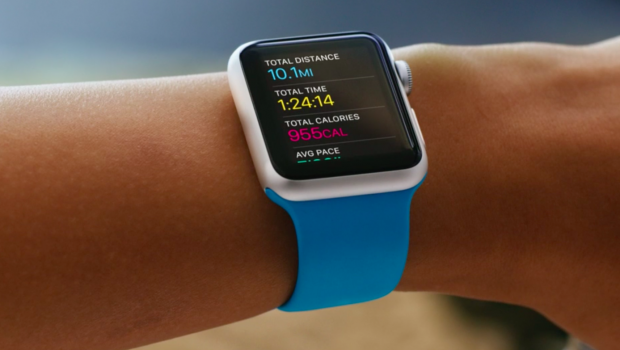Are Wearables Violating HIPAA?
With the development of wearable technologies such as the Nike Fuel Band, Fitbit, and Apple Watch, consumers suddenly have more options to monitor their fitness performance than ever before. These devices are also making inroads into medicine as physicians begin to experiment with using Google Glass to connect ER doctors to specialists in order to reduce patients’ wait times.
Whether it’s for the weight room or the emergency room, manufacturers and software developers are collaborating to draw health further into the digital realm.
And the way these devices capture data poses serious privacy and security issues to individually-identifiable health information that must be addressed.
Real world privacy concerns
The central challenge devices such as Google Glass and Jawbone UP pose stems from the fact that they employ cloud-based data storage. By purchasing these products, customers agree to a company’s Terms of Service, and in some cases, these terms can be fairly permissive in what they allow companies to do with that data.
According to Google Glass’s current Terms of Sale, for instance, the product falls under the company’s general Terms of Service. Although these grant the user intellectual property rights over data they store on Google servers, the company can still reproduce, modify, publicly display, distribute, and generally use this data to promote and enhance existing products and create new ones.
Full article by Julie Anderson, SafeGov
































































































































































